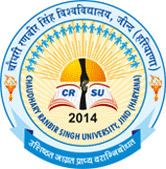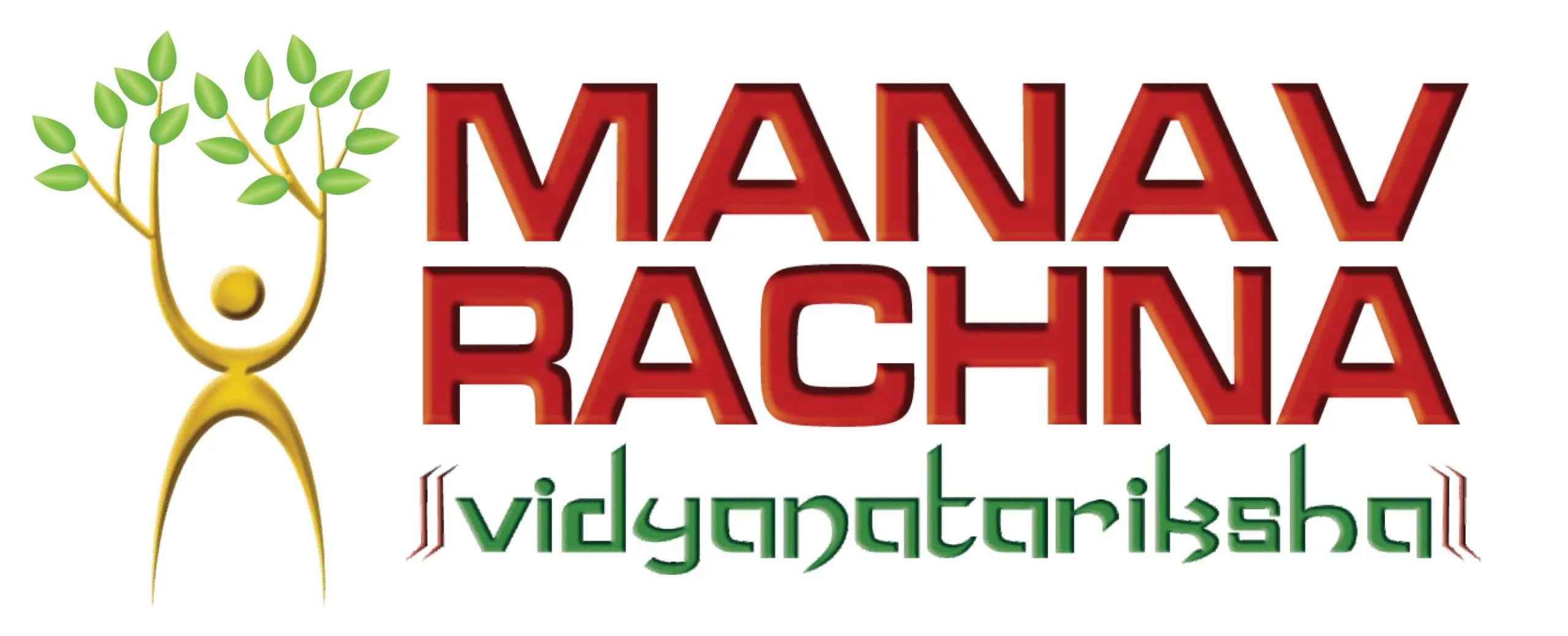
By
Primusvidya
Date
16/02/2024
Journalist Salary in India in 2024
Journalism presents an enticing career path for individuals who have a passion for storytelling and possess a knack for explaining world events through narrative.
Journalism presents an enticing career path for individuals who have a passion for storytelling and possess a knack for explaining world events through narrative. Crafting a compelling story entails more than merely stringing together words; it entails skillfully presenting facts in a manner that resonates with audiences. The concept of an "acceptable format" in journalism touches upon a deeply personal aspect of the craft. Due to the inherent lack of rigid structure and specificity, journalists must rely on their creativity and ingenuity to craft engaging narratives.
At the core of journalism lies the pivotal role of either building or breaking a story. With this responsibility comes the weighty task of ensuring that vital information is handled with utmost care and accuracy. Moreover, the nature of journalistic endeavors often demands a keen sense of urgency, as the stories in question are typically time-sensitive. This necessitates journalists to possess the ability to thrive under pressure and consistently meet tight deadlines.
Despite the challenges, journalism offers a gratifying avenue for those willing to embrace its demands. It provides a platform to inform, educate, and inspire, ultimately contributing to the dissemination of knowledge and the shaping of public discourse. For individuals with a passion for uncovering truth, championing causes, and making a tangible impact on society, journalism can be a deeply fulfilling and rewarding career choice.
Also Read: Msc In Data Science- Colleges, Salary, Syllabus, Fees 2024
What Does a Journalist Do?
Journalism is a profession fueled by passion, requiring individuals with bravery, honesty, self-motivation, and an unwavering commitment to uncovering the truth. Whether adept at applying anecdotal techniques or skilled in contextual storytelling, a journalist's ability to inform and engage an audience is paramount.
At its core, the role of a journalist is to seek out and report on relevant news and stories across various domains, including politics, sports, entertainment, and social issues. With the understanding that the information they provide shapes public opinion and discourse, journalists bear a significant responsibility.
The work of journalists involves thorough research, interviewing sources, fact-checking, and crafting compelling narratives that resonate with audiences. Journalists must possess broad confidence, talent, and eloquence, utilizing language to convey information accurately and effectively. In essence, a journalist serves as a conduit between events and the public, striving to provide timely, accurate, and impactful reporting that informs, educates, and influences societal perspectives.
The responsibilities of a journalist can be enumerated in the following points
- Represent the media of work flawlessly; whether it is written news or television.
- Work with a cross-functional team on a diverse range of news stories.
- Have an unbiased opinion while penning a story.
- Keeping a record of interviews, dates, and notes.
- Collect, analyze, and decode data correctly.
- Ensure meeting deadlines.
- Writing and editing both are important and play crucial roles in the job of a journalist.
- Evaluate leads to get stories.
- Find captivating stories and pitch them well.
- Conduct trustworthy research before claiming a news story.
- Remain updated on the news front by attending events, and reading relevant papers and magazines.
The tasks that journalists perform are all interconnected. Everything is connected, from identifying a story to researching and writing about it. All forms of journalism follow the same procedure, although the timeframes for journalists could differ. These responsibilities also apply to writing for newspapers, television, and social media. Nonetheless, the aforementioned points may not change while company-specific processes do.
Salaries of Journalists in India
Depending on the employer, level of experience, and geographical location, the salary of a journalist can vary significantly. However, according to data from Payscale, the average base salary in journalism stands at ₹370,608 per year. This base salary constitutes the standard earnings for journalists, excluding additional income such as bonuses or profits.
Similar to other industries, journalists often receive bonuses, which serve as incentives for their work. Additionally, journalists may experience a degree of unintended fame, which serves as a source of encouragement, driving them to pursue new stories. This level of recognition is a unique aspect of the profession, not commonly found in other fields.
Moreover, journalists who engage in profit-sharing arrangements can earn a substantial portion of profits generated from the dissemination of their content on influential platforms. This becomes particularly beneficial in the later stages of their careers when on-the-ground reporting may become less feasible. On average, journalists can earn an annual profit of up to ₹49,000 through such arrangements.
Now let's examine the different salaries of journalists at different levels:
- Entry Level: The compensation range for a fresh graduate straight out of college is ₹1.5 lakh to ₹2.5 lac annually.
- Early Career: The annual salary of a journalist with one to four years of experience might reach ₹351,309.
- Mid-Career: With up to nine years of experience, journalists make an average of ₹496,411 annually in this mid-career stage.
- Late Career: Journalists in their late career with under 20 years of experience might make up to ₹479,616 annually.
- Experienced: Journalists might make up to ₹250,000 a year in their later years.
The benefits of recognition are tremendously profitable aside from this. To use their social media platforms to promote a business, journalists frequently receive invitations to social media events. Nonetheless, prominent journalists with substantial fan bases typically have the benefit of being invited to significant media announcements.
The Times of India is the Indian corporation that offers the highest salary for a journalist position, according to a survey. Many other well-paying enterprises, such as Indian Express and Network 18, attract a lot of recent graduates looking for lucrative career opportunities.
Also Read: Top Online BCA Universities You Should Consider for Your Admission
Required Education Qualifications for Journalism
Becoming a journalist typically requires a combination of education, skills, and practical experience. Here are the key eligibility criteria to pursue a career in journalism:
- Education: A bachelor's degree in journalism, mass communication, or a related field is often preferred by employers. However, a BA or MA degree in fields such as English, political science, or sociology can also be relevant.
- Writing Skills: Candidates should hold strong writing skills which are essential for journalists to effectively communicate news and stories to their audience. This includes proficiency in grammar, spelling, and AP style.
- Research Skills: Journalists must be adept at conducting thorough research to gather information and verify facts for their stories.
- Communication Skills: Excellent verbal and interpersonal communication skills are necessary for conducting interviews and building relationships with sources.
- Multimedia Skills: In today's digital age, journalists should be familiar with multimedia tools and platforms, including social media, video editing, and content management systems.
- Internships or Work Experience: Practical experience through internships or entry-level positions in media organizations can provide valuable hands-on experience and networking opportunities essential for career advancement.
Journalism Courses
There are several courses available that will give individuals the academic background that is essential to building a solid basis for a successful career in journalism.
- Bachelor of Arts in Journalism and Mass Communication
- Master of Arts in Journalism and Mass Communication
- Master of Arts in Public Policy and Administration
- Bachelor’s of Business Administration in Multimedia Management
- Master of Arts in Political Science
- Bachelor of Arts in Political Science
Career Prospects
- News Anchors
- Reporter
- Editors
- Writers
- Social Media Manager
- Public Relations Specialist
Summing Up
Journalism is a powerful tool for spreading knowledge and awareness about national and international issues. With the rise of remote writers and remote jobs in the field, intelligence and personalization will be hallmarks of journalism in the future.
During the regrettable pandemic, journalists demonstrated their abilities as they were among the front-runners delivering information from all across the world. Additionally, during this time, social media's strength became more apparent, assisting the sector in becoming even more powerful than it already was.
In light of this, there will continue to be a global need for journalists in the years to come. Additionally, certification programs and training will advance a journalist's career by assisting them in landing significant employment.
Also Read: Journalism and Mass Communication Salary in India in 2024
Recent Blogs
A Diploma in Education (D.Ed) is a professional qualificatio...
The Online Master of Arts (Online MA) in Buddhist Studies is...
Work Integrated Learning Programs (WILP) are designed for wo...
In the dynamic and ever-evolving domain of education, the re...
Initializing a career in teaching within Uttar Pradesh requi...
Have a Query?
Fill out the form below & we will get back to you.
























-min.webp)

-min.webp)




